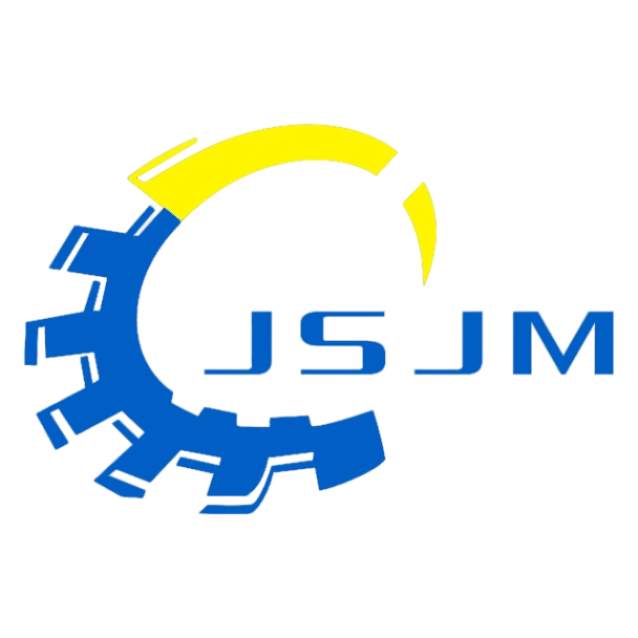The Intricacies Of High-Tech Precision Injection Molding
Precision injection molding is a specialized branch of plastic injection molding, where very high tolerances and intricate features are required. This method is vital in manufacturing components for different high-tech sectors such as aerospace, medical, automotive, and electronics. In this article we will examine precision injection molding specifications, challenges it faces as well as factors that make it essential for current manufacturing.
Requirements for Precision:
Precision injection molding always goes beyond traditional injection molding processes. This encompasses tighter tolerances which refer to the maximum amount by which the produced part can deviate from its designed dimensions. Often measured in microns (one-thousandth of a millimeter), these narrow ranges necessitate accurate molds and machines.
Mold Design and Construction:
Developing the mold design is the first thing that is done during precision injection molding. Working with precise CNC tools that shape molds to the exact size and other characteristics desired for end products bio-materials engineers must create them. Moreover, mold materials should be highest quality mostly hardened steel alloys since they have to maintain their shapes after being used in thousands cycles of injections without warping because they have to withstand pressure build up during injecting process.
Machinery and Process Control:
For precision molding high-end injection moulding machines are obligatory.These devices must deliver consistent injections pressures, temperatures as well clamping forces capable of control.Thus many also come fitted with sophisticated sensing units coupled with control systems operating on real time basis assessing what is taking place during production ensuring each produced component matches acceptable quality levels..
Material Selection:
Precision Injection Molding depends heavily on the choice of polymer material itself.The materials should be uniform and free from any undesired effects arising out of impurities upon forming a product. Special grades like fire-retardant or heat resistant ones could also become necessary in order to satisfy specific purpose application designs particularly when needed by advocates.
Quality Assurance:
In Precision Injection Molding, Quality assurance is crucial. Thorough inspections and testing techniques are used to ensure that each group of molded parts meets the required dimensions and functions. This may involve automated vision inspection systems, coordinate measuring machines (CMM), and other high tech gauging devices that certify the components’ conformity.
Application Examples:
It is applied in producing medical device components such as surgical tools and diagnostic instruments where precision is important for patient’s safety. In electronics industry, it produces connectors, switches among others needing exact fit and function. For example, in aerospace sector precision injection molding aids in developing navigation systems , housings for fragile equipment etc.
The progress of mankind is driven by technological change with the forefront being precision injection moulding of top notch parts for various sectors like automotive, electronic as well as medical industries. With its strict tolerances, detailed mold design, cutting-edge machinery, rigorous quality control regime and choice of specialized materials, this process ensures highly sophisticated manufacturing requirements are accurately met every time. Consequently; even with advances in technology that push existing limits Precision Injection Molding will always be an influential player towards future production of high-tech products worldwide.


